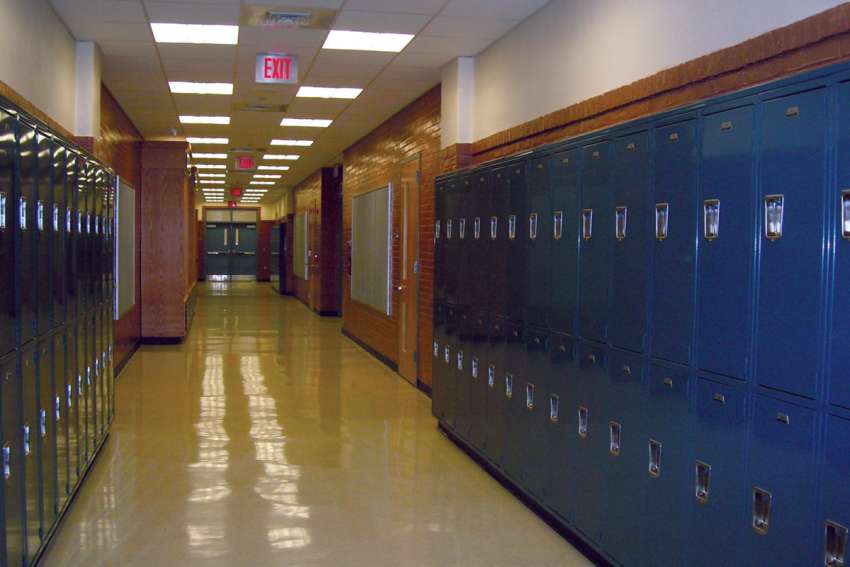The Toronto District School Board (TDSB) is the latest to raise the alarm. In a report presented at a committee meeting May 17, the TDSB said 323 students were suspended due to violent incidents on school premises from September 2022 to April 2023, the highest number since 2018-2019.
Ontario’s Ministry of Education defines “violent incident” as involving the possession of weapons including knives and firearms; physical assault causing bodily harm requiring medical attention; sexual assault; robbery; using a weapon to cause or to threaten bodily harm to another person; extortion; and hate and/or bias-motivated occurrences.
Just days before that, the Elementary Teachers’ Federation of Ontario (ETFO) released results of a survey carried out in February and March 2023 saying a whopping 77 per cent of their members “have personally experienced violence or witnessed violence against another staff member.”
The May 15 ETFO release lists some dire trends, including:
• Educators working with younger students are more likely to experience violence
• Eighty-six per cent of ETFO members who work in special education have personally experienced violence or witnessed it against another staff person
• More than 80 per cent agree that violence in schools is making working with students more difficult and that it interferes with classroom management
• Forty-two per cent of members have suffered a physical injury, illness or psychological injury/illness as a result of workplace violence against them this school year.
These and other findings are chilling considering that the violence — typically involving punching, biting, kicking and swearing — is arising from children ages six to 13.
The TDSB, ETFO and the Ontario Secondary School Teachers’ Federation are among many voices calling on the Ministry of Education to provide school systems with supports that had been cut back.
For its part, the Ontario government announced April 24 it is “investing $24 million to help reduce the risk of violence in schools and promote the safety of students and educators.” We can all hope the funding will make a difference.
As TDSB spokesperson Ryan Bird rightly points out, there is “no easy fix” to the problem of violence in schools, but attempts are being made through the board’s school ssfety plan and others like it in boards across the province.
Addressing the mental health challenges of children and youth should be a key part of government and school board strategies, which the Toronto Youth Cabinet, Toronto City Council’s official youth advocacy body, recommends in its April 24 statement to Education Minister Stephen Lecce.
Increasing the number and quality of such supports as mental health professionals, child and youth workers, educational assistants and anti-violence policies and programs in school systems is a crucial first step. But that’s not enough. We need to take a step back and view what’s happening in schools as a microcosm of the wider society in which they’re embedded.
Why are violent behaviours by children and youth becoming more frequent? Why is their collective mental health deteriorating? A number of factors converge to create the perfect storm.
Inequities such as poverty, racism and discrimination rob children and youth of their dignity and their hopes for a bright, secure future.
Further eroding the sanctity and dignity of human life is the culture of death created by the practices of medically assisted suicide, abortion and the glorification of violence and evil in popular entertainment. The inordinate amount of time and energy many youth spend online replaces face-to-face, real-life relationships.
COVID-19 pandemic measures further exacerbated situations of isolation, loneliness, and lack of support particularly in vulnerable children and youth.
At the heart is a profound lack of exposing children and youth to Biblical teachings on love, care, service to others, strong family units, respect for elders and other values that enable us to regulate ourselves, develop resilience in the face of challenges and be good citizens.
Taking God out of the school system, declining church attendance and a strong emphasis on moral relativism are causing children and youth to drift without the moral compass previous generations had.
Violence in schools is a product of a sick society. Individually and collectively, we need to create a multi-faceted approach that transforms societal values and trends to line up with God’s word if we are to give future generations hope for the future.
(Majtenyi is a public relations officer specializing in research at an Ontario university.)


